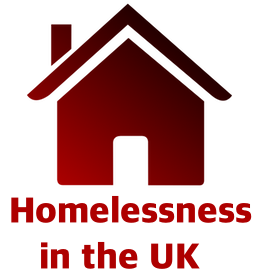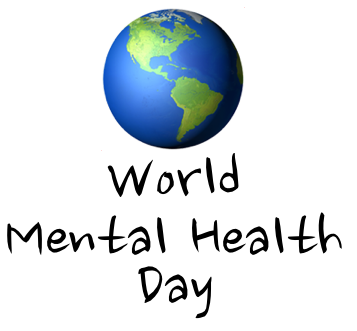 |
Whenever the temperature really drops, like it has today, I think of people that are homeless. No scratch that, I think of people who I see as homeless – those that sleep on the streets.
I usually donate to my local homelessness project The Brick and hope that those sleeping on the street keep themselves warm enough to survive the bitter and bleak night. If I’m totally honest: I find it utterly shocking that the UK, as one of the richest countries in the world, has homelessness and rough/street sleeping. At first glance homelessness could be easily resolved by ensuring suitable accommodation for everyone. |
But the truth is that homelessness is a complex issue. Why? Because people are complex. There are also a range of complex issues that lead to people becoming and remaining homelessness.
The causes of homelessness or contributing factors include:
- Poverty, being unemployed, being underemployed or losing source of income.
- Unmanageable debt.
- Addiction to alcohol, drugs or gambling.
- Mental illness – including depression, anxiety, bipolar, post traumatic stress disorder (PTSD) and personality disorder.
- Domestic Abuse – including violence.
- Breakdown of relationships – both romantic and with family, friends or others.
- Chronic physical illnesses or diseases.
- Physical, emotional, sexual, financial abuse or neglect.
- Having a family history of homelessness (according to Shelter).
- Transformation or regeneration of areas – leading to unaffordable house prices, mortgages or rents.
- Criminal and/or antisocial behaviour including being in prison.
- Being in the care of Social Care or being in the Armed Forces.
- Changes to benefits and social security administration and/or payments.
- Poor social support networks or isolation.
- Death of carers for dependents.
- Having no right to work or claim benefits/social security.
- A combination of the above.
There are two different types of homelessness: 1. People that are sleeping rough on the streets, park benches or doorways. 2. People that are living in temporary accommodation. People in temporary accommodation maybe housed by their local authority in a bed and breakfast or cheap hotel, or maybe sofa surfing staying with relatives or friends.
We don’t have a handle on homelessness in the UK. We don’t have accurate figures of people that are sleeping on the street. Local Authorities are once a year required to go out and survey the population of people who are sleeping rough in their communities.
However in 2010 the Government changed the rules for local authorities (see Evaluating the Extend of Rough Sleeping by the Department for Communities and Local Government). These changes have impacted the annual reporting of homelessness, significantly reducing the numbers of people counted as rough sleeping or people that are sleeping in the street.
It is too easy to ignore or forget about people that are homeless. I’ve ignored people sat on the street when I’ve walked through the High Street of various town centres. The cold weather triggers me to think about people who are sleeping on the streets. But most of the time, if I don’t go into town centres, I forget about people who are homeless.
Here are some ways, that wont cost you a penny, to prevent people that are homeless from being ignored or forgotten:
- Educate yourself and others around homelessness.
- Use your skills, talents or hobbies to promote awareness of homelessness. A good example is this blog post, I’ve written it to raise awareness.
- Email your local politician and ask them to campaign for people that are homeless and raise the issue in parliament. Politicians have the power to make positive changes to reduce and prevent homelessness.
- Donate old items to charity shops that specifically support homelessness projects.
- Volunteer your time in homeless projects.
I once heard someone say: You are only ever two paydays away from being homeless. I can’t remember who told me this, or the find the first person to say this on the internet. But I believe it to be true.
Like I believe that anyone could end up becoming homeless, it would just require the right causes or circumstances to become present in your life.
So take action for people that are homeless, because one day it could happen to you. Or to someone that you love. You wouldn’t want yourself or someone that you love to be ignored or forgotten.
Take care,
Antony



